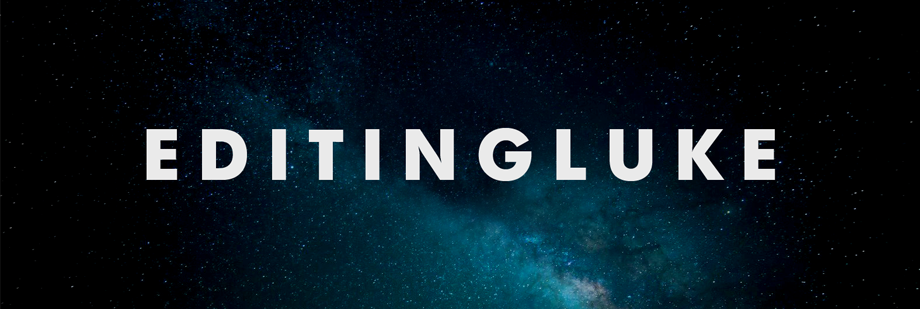 |
| Self portrait. Ooooo, Canon? Nope, iPod. |
Case in point, Instagram. I love Instagram. I snap hundreds of photos with my iPod Touch and use them to create collages for my blog posts, create fun profile pictures, and generally capture things on the go. However, if Instagram and the prepackaged filters it comes with are the extent of your photographic knowledge and experience, then really you're no more of a photographer than my pancakes and spaghetti make me a chef. And to those posting shoddy Facebook ads promoting your photography businesses, the expense of your camera should not be your top selling point!
Once again, it's not that lots of people are doing it, it's the assumption that somehow everyone who has access to the same tools are equal in skill; that if we all had the same camera the results would be exactly the same. The truth is that it's not the equipment that tells you how to frame a shot, how to properly white balance, how to bounce and reflect light, or how to effectively manipulate a shot in post. There's intuition, experimentation, and a keen eye involved. What I'm saying is that if everyone can do something, then there naturally has to be a new benchmark for those who don't only snap pictures of their cats. If you're wondering who I'm talking about, check out all of the people featured on the hilarious website, You Are Not a Photographer. And as a guy who also makes his living as an editor, trust me when I say that the spectrum is no less terrifying in video.
While I'm not losing any sleep over this long standing debate, I feel like there's a lot to be said for those who excel in creative professions and those who simply want to be part of the club. It comes down to a matter of intent. What I shoot and share is deliberate, and the way my photos are edited is not only a reflection of my personal style, it's an exercise in originality and my perspective on what other professionals are doing. Every decent photographer is out to make common focal points seem more unique, and if you're shooting wedding photos like yearbook pictures, something's wrong.
Photography, much like video editing, is about understanding subtlety. Expressions, framing, the angle, and the depth of field used are all variables that can project different meanings and encourage different reactions. I've always been even more focused on the post-production side of things - filters, etc. Often times something made to look simple and natural is frustratingly hard to create.
I'm reminded of the Picasso napkin story. The story goes that Picasso was sitting in a Paris café when an admirer approached and asked if he would do a quick sketch on a paper napkin. Picasso politely agreed, swiftly executed the work, and handed back the napkin — but not before asking for a rather significant amount of money. The admirer was shocked: “How can you ask for so much? It took you a minute to draw this!” “No”, Picasso replied, “It took me 40 years”.
In short, while talent certainly varies, the skill (in any field) doesn't come prepackaged.



2 comments :
I feel the same way when it comes to graphic design. It seems everyone is a graphic designer. It is not about having the latest version of Creative Suite or getting on the latest web trend bandwagon. These are just tools, like any trade. As a graphic designer it is about visually communicating an idea, a brand, a message clearly and creatively to an audience. The details in the image, type, layout, color are all carefully selected, something a computer will never be able to do. Another thing that cheapens the design profession is the growing number of online design contests and websites where companies can post a design bid and get 100s of designs sent within a few hours for free. It undervalues our profession and forces us to have to educate our clients about the value of our work. But once we can build relationships with our clients it makes our creative work shine.
It's always going to be one of the challenges when working in professions that people consider fun because they do elements of it in their spare time.
Post a Comment